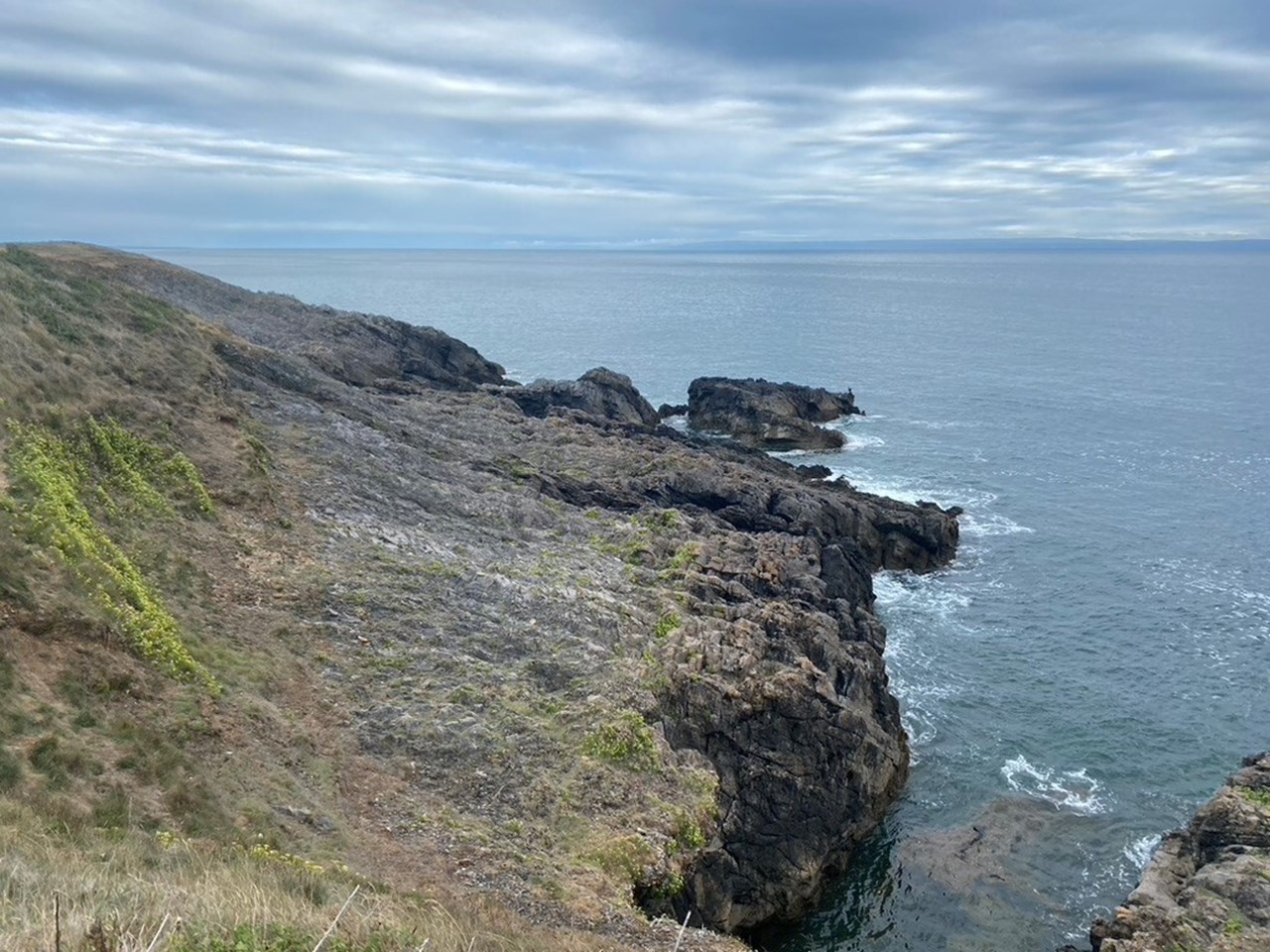
Fellowship in Wales increases knowledge in pelvic surgery
PROFILE Martin Rutegård went to Swansea, Wales in the autumn of 2022 on a fellowship that runs until the autumn of 2023. In Wales, he combines clinical training with research and also has time to explore Wales with his family. With half the time left in the stay, we tuned in to hear about what it's like to travel away on a fellowship in another country.


